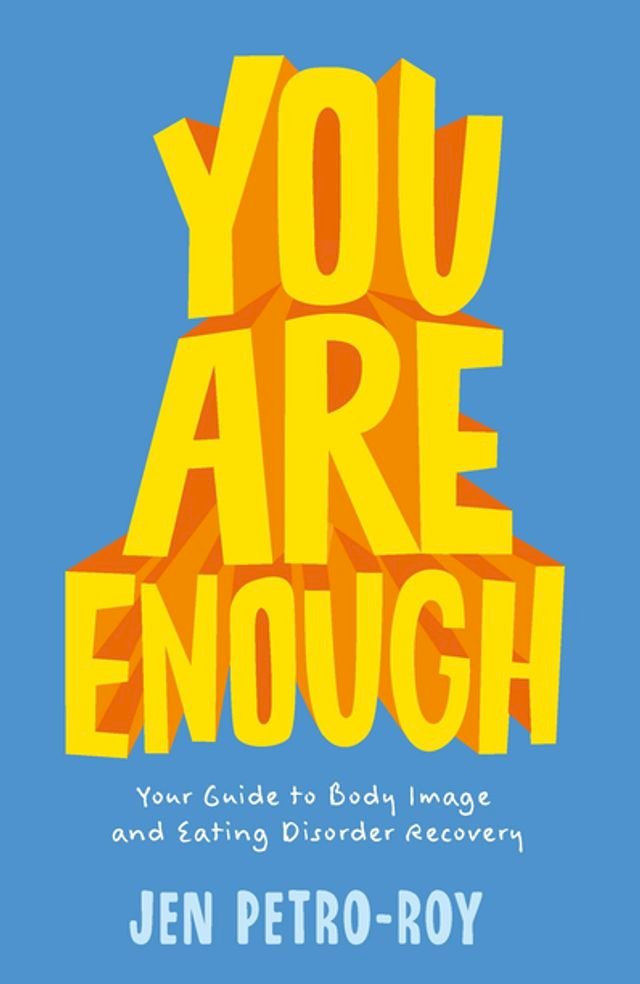

For example: Renegades was banned because the main character has two dads.

Anonymous employees for schools revealed they had pulled books they did not ‘line up’ with school values, with nearly one third being tossed out or banned. The author further noted that bans might get more attention for the schools, making it extra motivation to allow them to get media attention they wouldn’t otherwise receive. She discovered parents had become upset at her for featuring pride flags on social media and they complained to the school, which likely helped make the decision. She describes this practice as ‘soft censorship’ and notes its really quite troubling, essentially enacting a ban on what literature young people are exposed to. Schools often give excuses for teachers writing this material to not appear, making excuses that include scheduling conflicts or students study time. Despite children’s books pushing forward with progressive attitudes, many LGBTQ voices are being silenced.Īuthors all over the country have noted they are suffering from being banned from even discuss LGBTQ material and many feel like they’re being gaslit. This is only the latest in a long string of controversies in children’s literature. But, out of the blue, the school cancelled the scheduled visit.Īccording to Roy, the school had decided that by featuring her work, they’d be promoting an LGBT ‘agenda’ and she didn’t end up going to Texas after all. The novel follows an eleven year old girl who begins questioning her faith and sexuality, discovering she may not be straight and what that means for her identity. One incident occurred with an author called Jen-Petro Roy, who had booked a trip to Texas in order to talk with students about her book, P.S. According to Entertainment Weekly Middle Schools across the country are resisting teaching LGBTQ material in the classroom.


 0 kommentar(er)
0 kommentar(er)
